The number of people infected with COVID-19 is currently standing at 480 million and the figure is continuing to rise. The issue of COVID-19 is not going to go away any time soon. The ravages of the disease are going to be with us for quite awhile. Surviving COVID-19 is not the end of the disease. Its signature still haunts many sufferers. Survivors are either left with one or more after effects of the disease like “Long COVID”, increased risk of kidney disease, cardiovascular disease, and stroke.
Now a new report in the March 2022 issue of the journal, The Lancet Diabetes & Endocrinology, by Xie and Al-Aly, shows that exposure to COVID-19 causes an increased risk of diabetes up to a year after the infection.
Medical records of more than 180,000 US armed forces veterans who had survived at least a month after infection with COVID-19, were analysed by comparing the data with those who had never had COVID-19. Those who had never had COVID-19 were divided into two groups. Each group was made up of about 4 million people without SARS-CoV-2 infection but who had used the Veterans Affairs (VA) St Louis Healthcare System in Missouri, either before or during the pandemic.
Join our WhatsApp ChannelThe study found that about 40% of those who had had COVID-19 were more likely to develop Type 2 diabetes up to a year after the attack than were people in the control groups.
READ ALSO: Why COVID-19 Vaccination Is Important For Pregnant Women
Type 2 diabetes is a condition in which too much sugar is present in the blood as a result of the inefficient use of insulin by the body. In other words, when the blood sugar is high, it might be an evidence of the presence of diabetes. In such a case, the body does not produce enough insulin. Type 2 diabetes is mostly related to diet and obesity, and occurs over time. But a Type 1 diabetes is mainly genetically acquired, and happens when the immune system attacks and destroys the insulin-producing cells found in the pancreas.
The likelihood of developing Type 2 diabetes after a COVID-19 incidence is proportional to the severity of the attack. In other words, the more the severity of the COVID-19 attack, the more likely it is that the person will develop Type 2 diabetes afterwards. The study found that in most severity cases, which necessitated hospitalisation or admission to intensive care units, patients had about three times chances of developing Type 2 diabetes than people who had never had COVID-19. This predisposition to developing diabetes after a COVID-19 incidence even extended to mild COVID-19 attack. The risk of developing Type 2 diabetes after a COVID infection is amplified if the person already had a predisposing condition, like obesity, heart condition or stroke.
But don’t panic and start rebuking the devil and “casting out” demons. Put away your cross and associated religious relics and holy water! The study subjects were old and white, and many of them had high blood pressures and were obese. This meant that they were already predisposed to diabetes or might even had had undetected cases of diabetes before the study.
However, a previous study in England, which focused on 47,000 COVID-19 sufferers with hospital admission in 2020 did show a 5% possibility of developing diabetes up to 7 months after COVID-19 infection.
What’s the connection between COVID-19 and diabetes?
The speculation is that when the body is attacked by coronavirus, the inflammatory response generated by the body causes insulin resistance so that there is inefficient use of insulin by the body. Coronavirus (SARS-CoV-2 ) uses the angiotensin-converting enzyme 2 (ACE2) to gain entry into the body. As shown by Liu and coworkers writing in April 2020 edition of the journal, Clinical Gastroenterology and Hepatology, pancreatic injury is seen in some COVID-19 patients, pointing to the likelihood of SARS-CoV-2 attacking cells in the pancreas. Several studies looking at lab-grown pancreatic cells and autopsy samples of the cells did show that SARS-CoV-2 can enter and infect insulin-producing beta cells in the pancreas. This viral infection results in death of the pancreatic beta cells, or a change in the normal working of the cells. There are also speculations that COVID-19 infection might even cause Type 1 diabetes when the virus triggers autoimmunity so that the beta cells in the pancreas are attacked and destroyed by the body’s own immune system. So far there have not been any definitive data to date in support of the above.
Covaxin Vaccine Alert
Caution, if your local vaccination clinic is still using Covaxin, do not take it! The World Health Organisation has placed an embargo on the use of Covaxin after a March 2022 inspection of the production facilities of the Indian company manufacturing the vaccine. This embargo remains until the company develops “a corrective and preventative action plan” to solve the issue, which neither WHO nor the company, Bharat Biotech, India, failed to disclose.
Covaxin, like the Chinese CoronaVac (Sinovac) COVID-19 vaccine, contains inactivated SARS-CoV-2 particles. The vaccine was developed by Bharat Biotech in collaboration with the Indian National Institute of Virology. Covaxin was granted an emergency use authorisation by India’s Central Drugs Standard Control Organisation (CDSCO) in January 2021, a move that was controversial at the time because as at then, the phase 3 trial result was yet to be published until six months after the vaccine went into general use in India! The phase 3 trial result published in July 2021 showed that the vaccine had an efficacy of 77.8% in preventing symptomatic COVID-19 following which, WHO awarded the vaccine an emergency use listing in November 2021. The WHO listing is a gold standard for any vaccine to be supplied through the COVAX initiative.
It must be mentioned that this is not the first time Covaxin has been in trouble. The Brazilian Health Regulatory Agency (ANVISA) who conducted an inspection of Bharat Biotech in March 2021 concluded that there were many violations of good manufacturing practices (GMP) by the company. In layman’s terms, this means that safety, efficacy and quality of the manufacturing of the vaccine were suspect. In other words, the vaccine might still contain live virus, and its sterility and potency are doubtful! The findings necessitated the Brazilian government to suspend a planned importation of 20 million Covaxin doses. The deal completely fell through in July 2021 amidst allegations of corruption and procurement irregularities.
The latest decision by WHO to suspend Covaxin means that the UN arm of NICEF will not be supplying countries with the vaccine, and countries currently having stockpiles of doses of the vaccine are advised to switch to other vaccines.
As at date, about 309 million doses of Covaxin have been administered in India. The Indian drug regulator, Central Drugs Standard Control Organisation (CDSCO), which has remained silent on the issue, is being accused of vaccine production oversight by some scientists. Meanwhile, Bharat Biotech is continuing to supply Covaxin in India despite WHO pulling the plug on the vaccine.



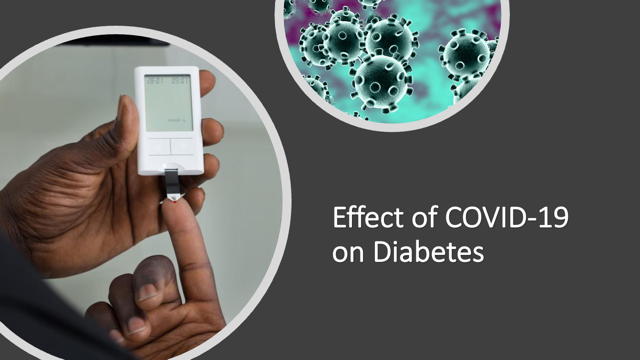

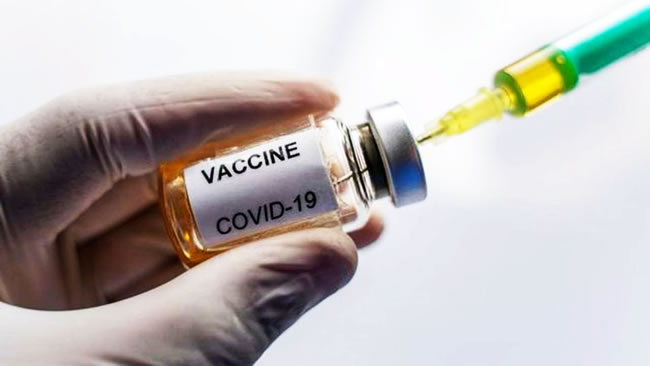
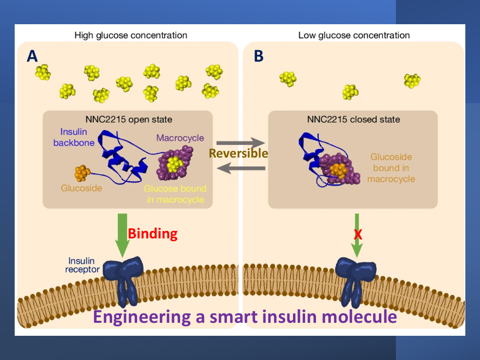
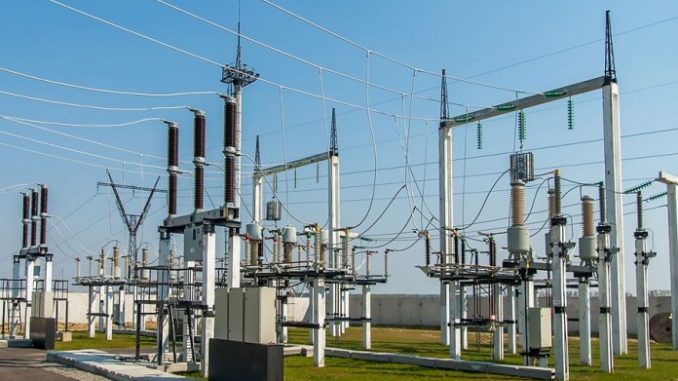



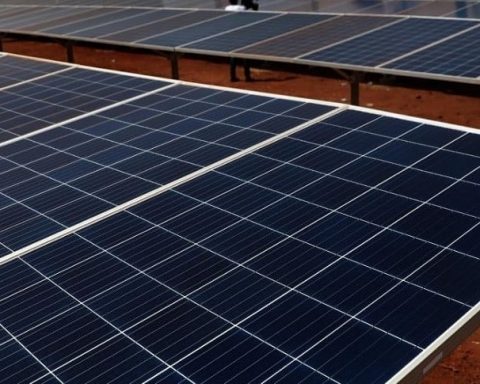




Great article! Covid seems not that innocent desease so we all should be careful! Thank you Gabriel for the good article! Best!